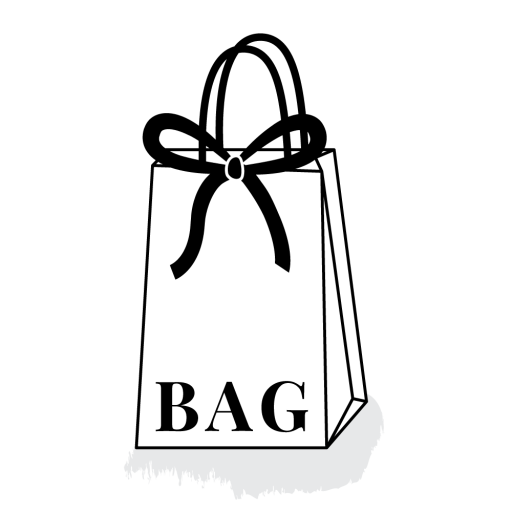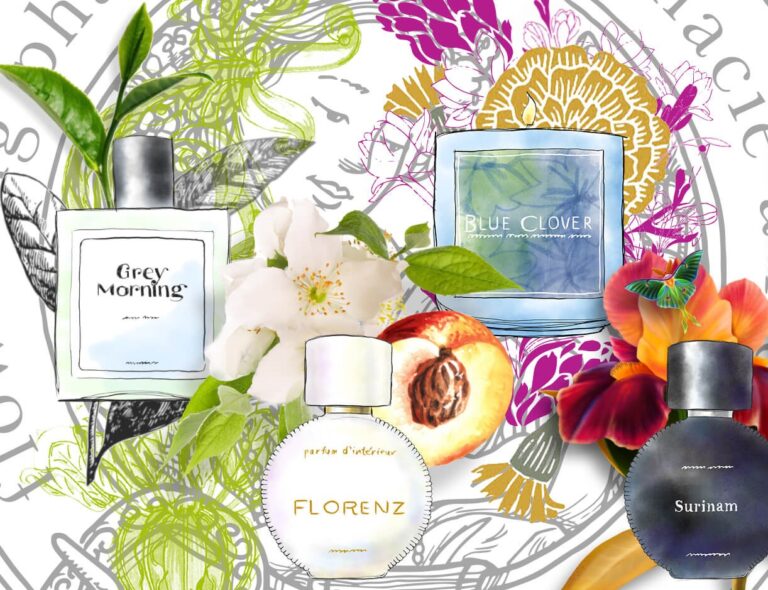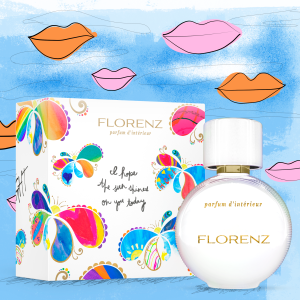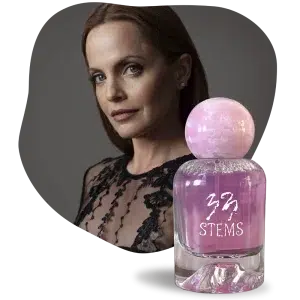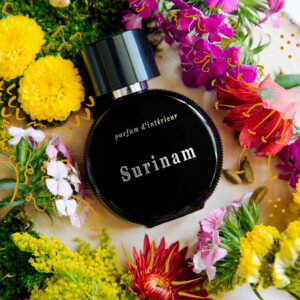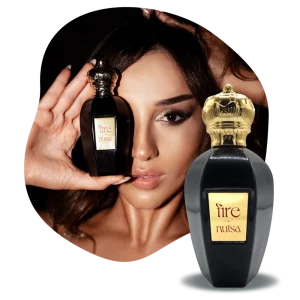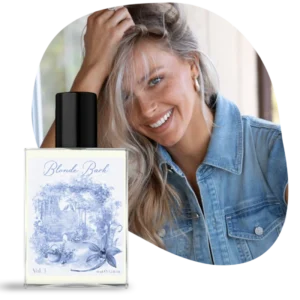FAQs
Giving Back
Each of our business partners have their own causes that matter to them. Flowering Pharmacy helps support non-profits with a revenue share donation from sales made. See individual product details for specific charitable causes.
Who designs the products?
We are not confined to our creativity, innovation, or technology. That’s how we’re able to offer the best creative solution for all our product partners and their branding, and marketing needs. This is their unique story, and we’re here to bring it to light, capturing the very essence of individuality and distilling it into a truly magnificent marvelment.
Where are the products made?
Our products are made in the USA, UK, or France.
Are your products organic?
The USDA states that for a product to be called ‘organic’ it must contain a minimum of 95% certified organic ingredients. We do use certified organic and natural ingredients in our products, but we do not claim it to be an organic product by their definition, rather, made with organic ingredients.
Are these products hypoallergenic?
Do any of these products contain gluten?
How will my order be packaged?
Our sustainable packaging keeps your purchase safe with minimal waste. Your order will arrive in a brown shipping box, where the item is either wrapped in recyclable honeycomb packing paper, or biodegradable peanut shells.
Are these products private labeled?
Flowering Pharmacy do not private label. We custom design all of our own formulas, buy our raw materials and work closely with our manufactures here in the USA and in the EU.
Are these product available at retail stores?
Currently they can only be purchased from our online store, artist merchant stores and approved distributors of our partners.
How much input do each of the artists have?
Do you ship abroad?
Yes, we do. Please see shipping and returns for more details. Fragrances containing alcohol are considered hazardous by the United States Postal Service and cannot ship by air, so please contact us for a shipping quote for these types of products. Any duties and taxes in your country will be payable by the customer at the time on import.
Is gift wrapping available?
Although our orders are minimally packaged, we can offer gift wrapping using luxury signature biodegradable tissue paper, premium quality signature ribbon and a handwritten card. Please check the gift wrapping option at checkout and we will happily do this for you.
I see you work with different designers internationally, do they design the products?
Our award-winning British green chemist Karen Sinclair Drake designs all personal care products. Fragrances are also designed by her and our perfumer design partners based in Provence, France and the USA. Candles are made in the USA by approved candle makers who use coconut, soy and apricot wax blends.
Are these products limited editions?
No, but they are limited releases. Take our natural fragrances as an example, our method of natural perfume making requires two weeks maceration, followed by chilling and filtering before filling. It really is a time-consuming, multifaceted phenomenon.
Can I apply to sell these product wholesale?
Are artists paid to promote your products?
What makes Fair trade sustainable?
How do your products differ from other companies products that own their own farms?
Why don't you make just natural fragrances?
Flowering Pharmacy designs both 100% natural perfumes and sustainable semi-synthetic from renewable sources. As its name suggests, a sustainable semi-synthetic fragrance is created from some sustainable synthetics, botanicals, or artificially modified notes. Sometimes, it’s derived from all three.
To build confidence in the safety of our fragrance ingredients, we list them along with an allergen statement and always omit chemicals of concern, such as parabens, styrene, phthalates, animal ingredients, and animal testing. They also do not contain any substance listed in California Proposition 65 (aligned officially with the California Safe Drinking Water and Toxic Enforcement Act of 1986).
From our experience and understanding, the perfume industry isn’t going to go all-natural anytime soon. Ingredients must be safe for human health and the environment, free from shortages or extreme price swings, and not sourced from animals. Perfumers also have to follow brands’ commitments to sustainability and responsible sourcing—and sometimes, natural ingredients are neither sustainable nor responsible.
To say a perfume smells natural is a compliment, but some natural scents are problematic. The recipe for Chanel No. 5 is undergoing a revision, not to remove synthetic aldehydes but to replace some of its woodsy notes derived from natural mosses. The European Union says they are allergens and has moved to restrict them.
Some raw materials grow in regions that may be ecologically or economically sensitive. For example, perfumers’ desire for oil from Indian sandalwood is much greater than its potential supply. The oil is produced from the wood of trees that are 30 to 60 years old. Harvesting for perfumery has driven the evergreen trees to all but extinction, and exports are now heavily restricted. Witnessing sandalwood deforestation in this region, Chanel developed a new source of this oil on the island of New Caledonia in the South Pacific. As part of an agreement with local communities, it established a program to breed new sandalwood trees, control woodcutting zones, and conserve 75,000 old trees in their natural habitat. If Chanel is successful, sandalwood’s rich, creamy fragrance should have a place in the perfumer’s palette for another 100 years.
Although Flowering Pharmacy follows a more natural fragrance trend, it comes with challenges. Avoiding synthetics would rule out many iconic and favorite notes in complex compositions. Natural fragrance ingredients number in the hundreds, whereas perfumers can access over 3,000 synthetic molecules. Flowering Pharmacy is proud to be part of helping to crystallize a move by the broader industry toward more sustainable ingredients—be they natural, fermentation-derived, or sustainable semi- synthetic from renewable sources using green chemistry.
What fragrance award did you win?
Flowering Pharmacy were overjoyed with winning Best Sustainable Perfume Brand with Surinam parfum d’interieur. It is an esteemed recognition from The International Perfume Foundation based in Paris, France.
The New Luxury Code is a Code of Respect for Sustainability:
* Self Respect
* Respect of Health
* Respect of the Earth
* Respect of Air and Water
* Respect of the Environment
* Respect of Products Transparency and Quality
* Respect of Humans, Animals and Plants Kingdoms
* Products Made with Natural Resources
* Products as Pieces of Art
* Products Made as Works of Art
* Respect of Truth in Advertisement
* Respect of Cultural Heritage
* Respect of Communities
The jury is composed by world renowned experts, certified natural perfumers, designers and personalities from the perfume and packaging industry.
Surinam parfum d’interieur is a fragrant tribute to honor pioneer, naturalist, and artist Maria Sibylla Merian’s exploration to Surinam in 1699.



